BlackBerry unveils self-driving car division
Smartphone-maker to create production-ready software for autonomous vehicles
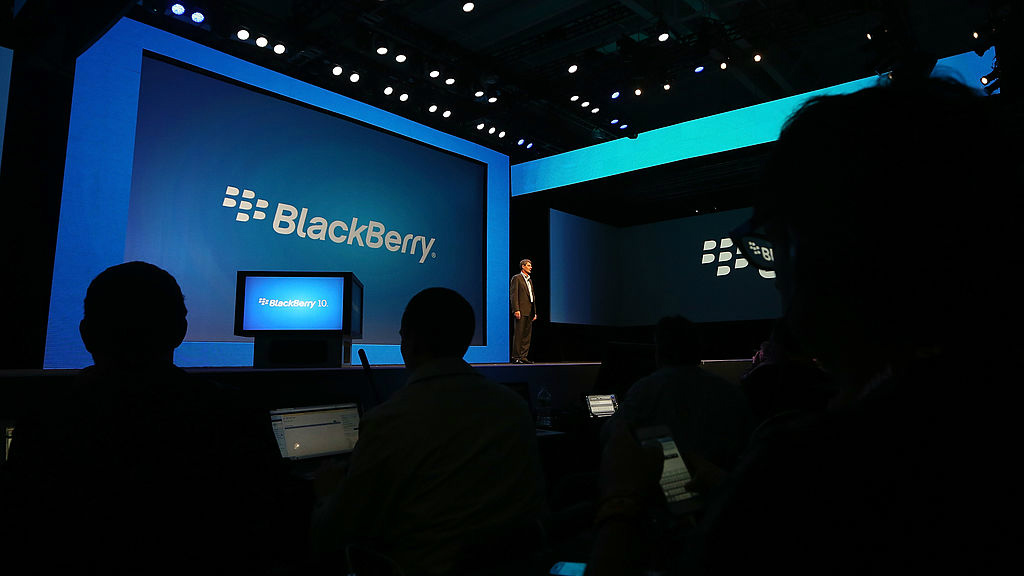
A free daily email with the biggest news stories of the day – and the best features from TheWeek.com
You are now subscribed
Your newsletter sign-up was successful
BlackBerry has announced plans to open an autonomous driving division in Ottawa, Canada, to develop production-ready software for car manufacturers.
The unit will support the smartphone-maker's new driverless pilot programme and work closely with the University of Waterloo, PolySync and Renesas Electronics to develop self-driving concept cars after Blackberry was given permission to test autonomous vehicles on public roads in Ontario.
Chief executive John Chen says the centre will create "middle-class jobs for Canadians" and "opportunities for university graduates", with the aim of elevating Canada's position in the global innovation industry.
The Week
Escape your echo chamber. Get the facts behind the news, plus analysis from multiple perspectives.

Sign up for The Week's Free Newsletters
From our morning news briefing to a weekly Good News Newsletter, get the best of The Week delivered directly to your inbox.
From our morning news briefing to a weekly Good News Newsletter, get the best of The Week delivered directly to your inbox.
While autonomous vehicles "attract more attention" than connected cars, the latter are "already a major market for BlackBerry", says Alphr. The firm's existing software powers infotainment and telematics systems can be found in around "60 million vehicles".
Blackberry itself says "experts" predict "fifty per cent of all cars will connect to the cloud by 2020, and the wide range of 'connected things' could exceed 20 billion", adding that connected cars could house "one of the highest concentration" of internet-of-things systems of any smart device.
The company joins a growing list of technology firms opening autonomous divisions, with Intel recently announcing plans to develop driverless infrastructure for car manufacturers. However, with their involvement with Tesla's autopilot systems, Nvidia and Qualcomm have several years more experience in the industry than either BlackBerry or Intel.
Apple has also confirmed it is currently the possibility of developing autonomous vehicles[/4]. In a letter to US transport regulators, the tech giant said it was "excited about the potential of automated systems in many areas, including transportation".
A free daily email with the biggest news stories of the day – and the best features from TheWeek.com
-
 The environmental cost of GLP-1s
The environmental cost of GLP-1sThe explainer Producing the drugs is a dirty process
-
 Greenland’s capital becomes ground zero for the country’s diplomatic straits
Greenland’s capital becomes ground zero for the country’s diplomatic straitsIN THE SPOTLIGHT A flurry of new consular activity in Nuuk shows how important Greenland has become to Europeans’ anxiety about American imperialism
-
 ‘This is something that happens all too often’
‘This is something that happens all too often’Instant Opinion Opinion, comment and editorials of the day
-
 Will AI kill the smartphone?
Will AI kill the smartphone?In The Spotlight OpenAI and Meta want to unseat the ‘Lennon and McCartney’ of the gadget era
-
 Is Apple’s Tim Cook about to retire?
Is Apple’s Tim Cook about to retire?Today's Big Question A departure could come early next year
-
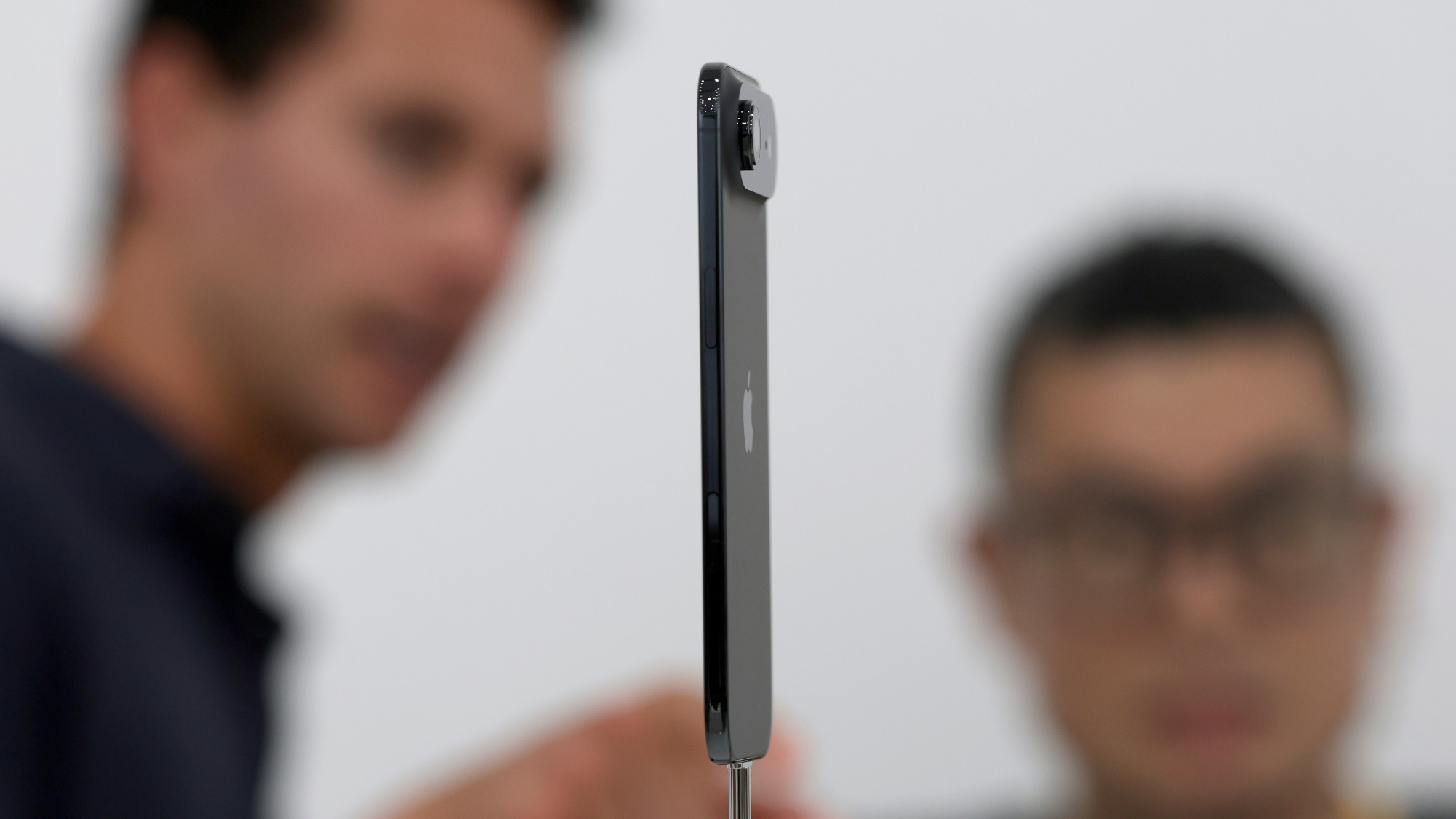 iPhone Air: Thinness comes at a high price
iPhone Air: Thinness comes at a high priceFeature Apple’s new iPhone is its thinnest yet but is it worth the higher price and weaker battery life?
-
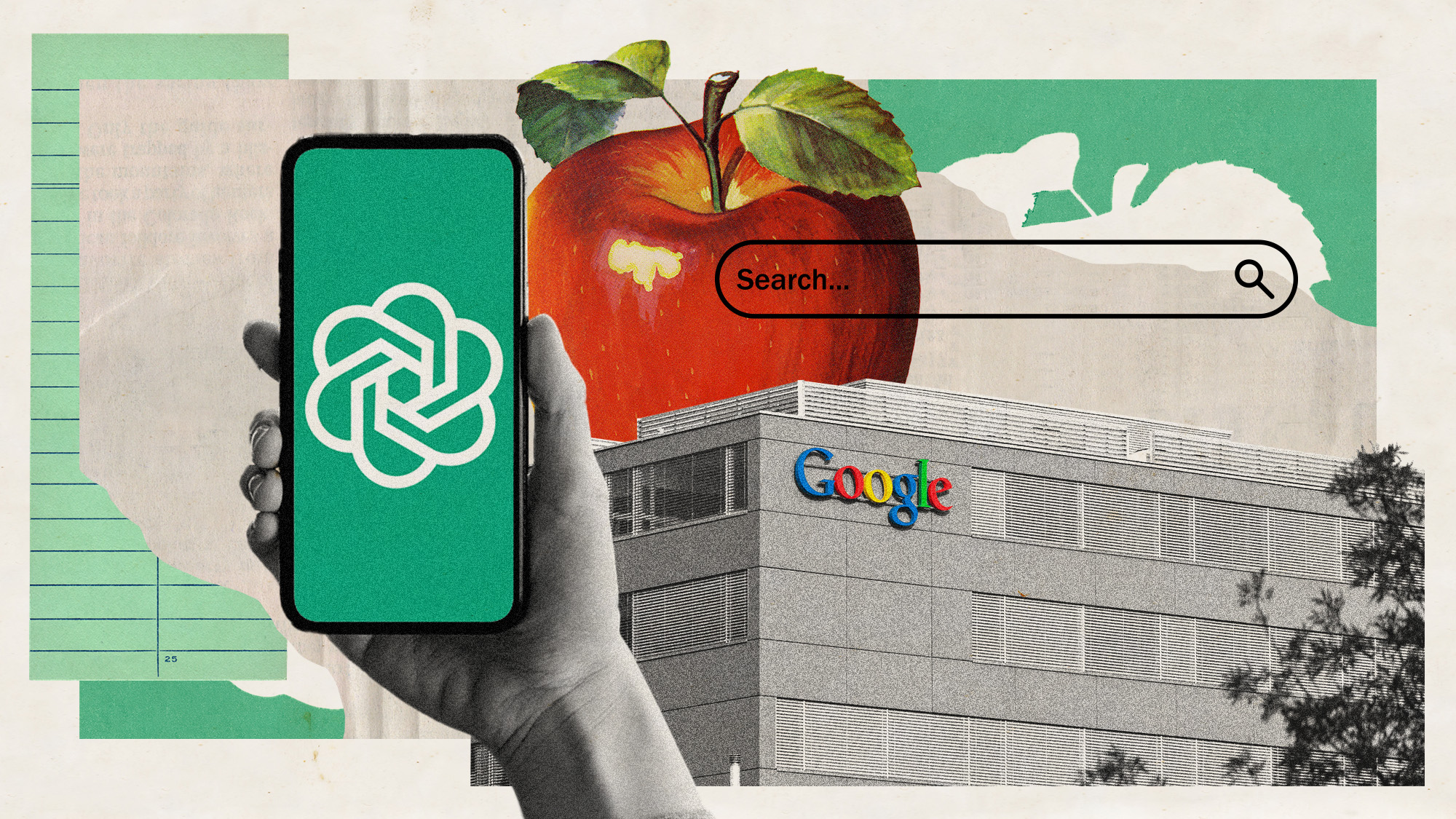 Is Apple breaking up with Google?
Is Apple breaking up with Google?Today's Big Question Google is the default search engine in the Safari browser. The emergence of artificial intelligence could change that.
-
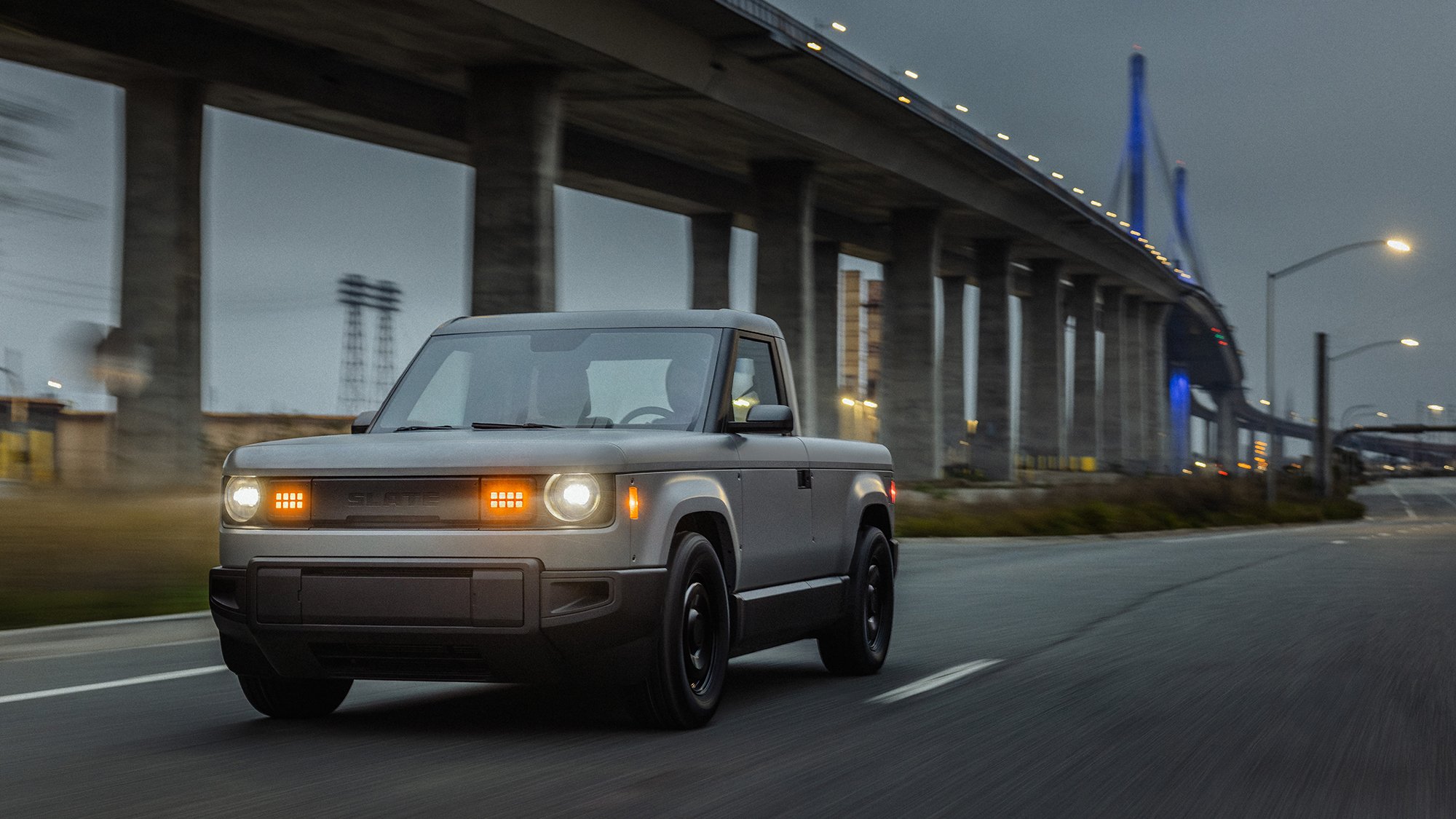 Why Bezos' new pickup could be a 'wrecking ball' in EV industry
Why Bezos' new pickup could be a 'wrecking ball' in EV industryToday's Big Question Slate Auto's no-frills approach is a 'potential Tesla killer'
-
 Why won't Apple make iPhones in America?
Why won't Apple make iPhones in America?Today's Big Question Trump offers a reprieve on tariffs, for now
-
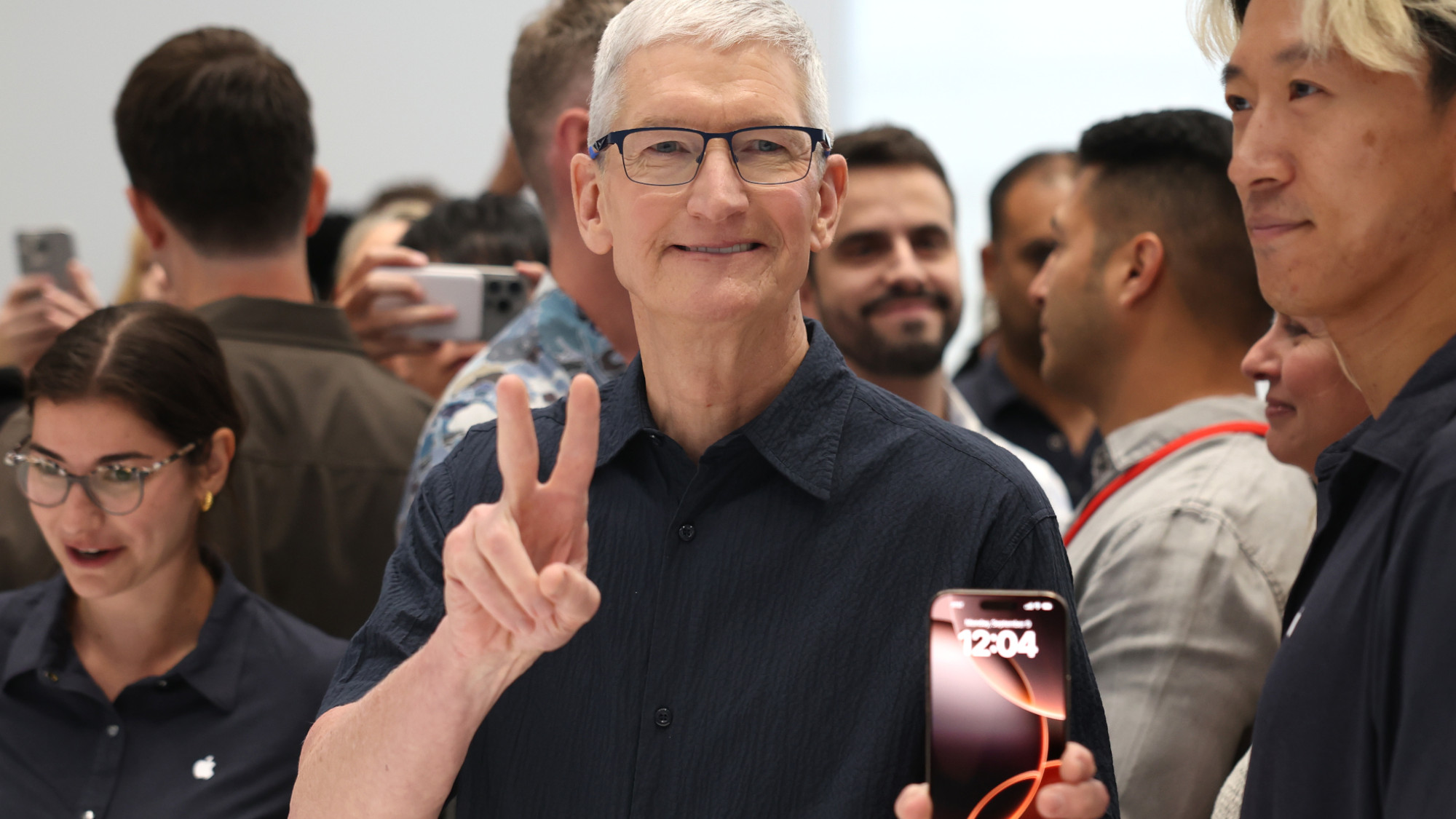 Not there yet: The frustrations of the pocket AI
Not there yet: The frustrations of the pocket AIFeature Apple rushes to roll out its ‘Apple Intelligence’ features but fails to deliver on promises
-
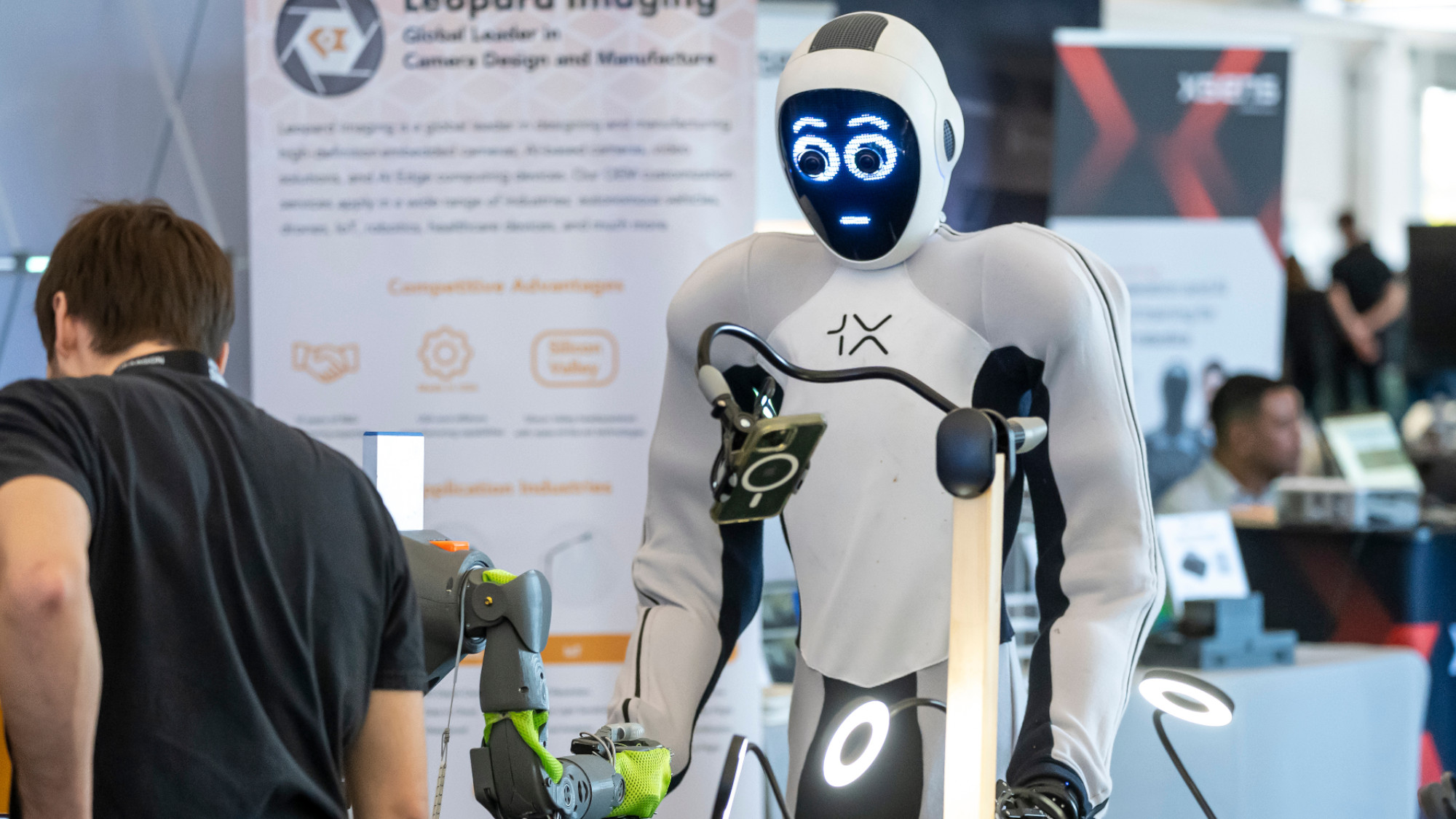 Space-age living: The race for robot servants
Space-age living: The race for robot servantsFeature Meta and Apple compete to bring humanoid robots to market